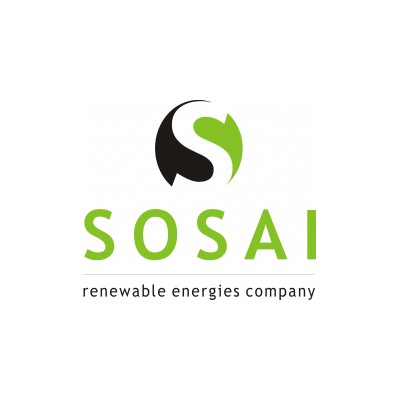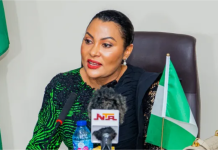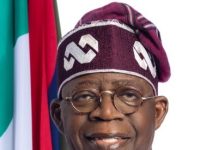U.S. Trade and Development Agency announced a grant to Nigeria’s Sosai Renewable Energies Company for a feasibility study to connect more than 200,000 women, farmers, and rural citizens to new solar-powered minigrids in Kaduna, Kogi and Plateau states.
“USTDA is committed to promoting inclusive economic development, and bringing clean energy solutions to rural communities is an important component of our approach,” said Enoh T. Ebong, USTDA’s Acting Director. “Women entrepreneurs like [Sosai CEO] Habiba Ali are setting a vision for Nigeria’s energy future that USTDA enthusiastically supports.”
The USTDA-funded feasibility study will include site surveys, preliminary engineering, economic and financial analyses and an assessment of the project’s likely developmental impacts on rural women. USTDA’s study also will create business opportunities for U.S. equipment and services suppliers in Nigeria’s minigrid sector, while supporting up to 20 megawatts of new solar power in rural communities.
“This announcement is emblematic of the U.S.-Nigeria relationship as the USTDA grant supports the development of energy for productive use and promotes inclusion for women and rural dwellers. Working together, we can solve today’s greatest challenges through projects like this,” said Mary Beth Leonard, U.S. Ambassador to the Federal Republic of Nigeria.
SosaiCEOHabiba Ali added: “This USTDA grant will support a huge step forward for Nigeria in meeting its rural electrification goals as well as kick-start life changing projects for communities, women, economic development and the agricultural sector. For Sosai, the benefit of the USTDA grant to our company is immense, positioning us for greater growth and greater possibilities in the future.”
This project supports the U.S. government’s Power Africa and Prosper Africa Initiatives, President Biden’s Executive Order on Tackling the Climate Crisis at Home and Abroad and the global “2X Challenge” – an initiative by development finance institutions to invest in and create inclusive opportunities for women.
In Nigeria, USTDA has supported the successful roll-out of minigrids and microgrids in rural and peri-urban communities using U.S. technology. The Agency has an active portfolio of three other ongoing solar minigrid activities in Nigeria. Collectively, we expect these projects to support energy access for over 66,000 households in Nigeria and help Nigeria meet its goal of universal electrification.
U.S. businesses interested in submitting proposals for the USTDA-funded feasibility study should visit project webpage. Proposals are due April 16, 2021 at 11:00 EDT / 17:00 WAT.








